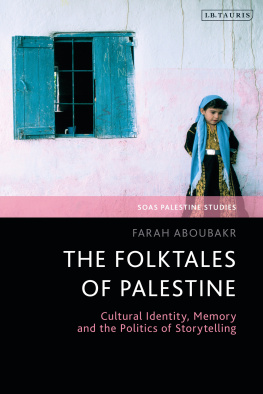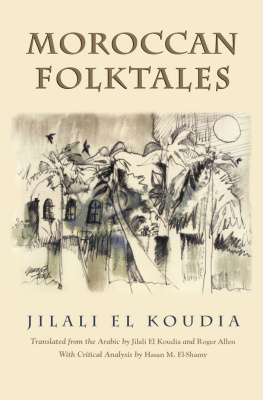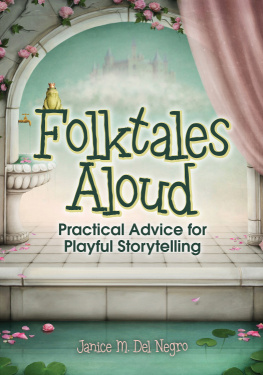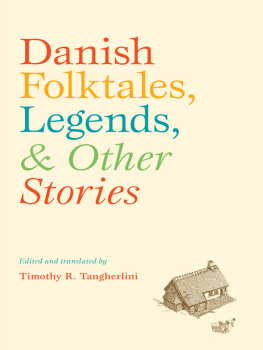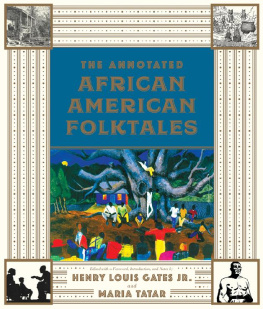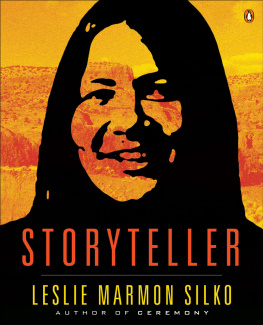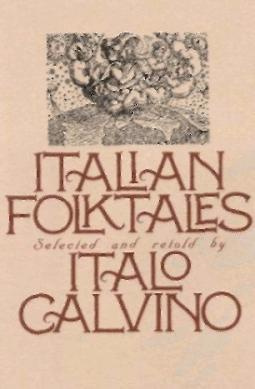The Folktales of Palestine
SOAS PALESTINE STUDIES
This book series aims at promoting innovative research in the study of Palestine, Palestinians and the Israel-Palestine conflict as a crucial component of Middle Eastern and world politics. The first ever Western academic series entirely dedicated to this topic, SOAS Palestine Studies draws from a variety of disciplinary fields, including history, politics, media, visual arts, social anthropology, and development studies. The series is published under the academic direction of the Centre for Palestine Studies (CPS) at the London Middle East Institute (LMEI) of SOAS, University of London.
Series Editor:
Gilbert Achcar, Professor of Development Studies and International Relations at SOAS, Chair of the Centre for Palestine Studies
Board Advisor:
Hassan Hakimian, Director of the London Middle East Institute at SOAS
Current and Forthcoming Titles:
Palestine Ltd.: Neoliberalism and Nationalism in the Occupied Territory , Toufic Haddad
Palestinian Literature in Exile: Gender, Aesthetics and Resistance in the Short Story , Joseph R. Farag
Palestinian Citizens of Israel: Power, Resistance and the Struggle for Space , Sharri Plonski
Folktales of Palestine: Cultural Identity, Memory and the Politics of Storytelling , Farah Aboubakr
Representing Palestine Media and Journalism in Australia Since World War I , Peter Manning
Palestinian Youth Activism in the Internet Age: Social Media and Networks after the Arab Spring , Albana Dwonch
To my mother, Majda: The roots the past the first generation
To my daughter, Majda: The flower the present the third generation
The Folktales of Palestine
Cultural Identity, Memory and the Politics of Storytelling
Farah Aboubakr


Centre for Palestine Studies
Published in association with the Centre for Palestine Studies,London Middle East Institute
Contents
This book is based on my PhD dissertation, which I completed at the University of Manchester in the United Kingdom. I faced many academic, personal and health problems during this journey, making me consider many times quitting my writing battle. The undefined source of strength and passion for my homeland energized me in my dark moments. The search for an identity and belonging in the diaspora, the complex relation between past, present and future in my life pushed me to seek refuge in my writing in the hope of finding some answers for my pending questions.
There have been some exceptional people along the way, who have brightened my life during that period, whether through their advice, support and/or love. I am greatly indebted to my supervisors at the University of Manchester, Dr Ursula Tidd and Dr Dalia Mostafa, for their academic guidance and wisdom. They never ceased to support me, particularly during my difficult times. I am very thankful to Ms Amanda Mathews, the Graduate School Manager at the University of Manchester, for her unforgettable kindness. Her caring presence and belief in me encouraged me a lot. I am very thankful to my external examiners, Professor Zahia Smail Salhi and Dr Dina Matar, for providing me with constructive feedback and for encouraging me towards publishing my monograph.
I would like to convey special thanks to Dr Sharif Kanaana, whom I had the privilege to interview in 2012. Dr Kanaanas efforts as a Palestinian thinker and folklorist are exemplary and inspirational. I would also like to thank PARC (Palestinian Association Research Centre) for supporting me financially in the early stages of my research. A big thank you goes to my colleague and friend Dr Sarah Irving for her editorial advice and comments on the text at the end of my PhD.
I am indebted to the love and care my friends have offered me throughout my happy and sad days. I am extremely thankful to my friends in Morocco, Spain, Manchester and Edinburgh. Special thanks to Radia El Badrawi, the friend I have had for longest, for her continuous support, love and patience with academic moodiness and absence.
For his patriotism and passion, I will never be able to thank my father, Atef Aboubakr, enough. He is an exceptional man, and I hope I can do him pride. I am also exceptionally grateful and thankful to my beloved stepmother, Saeda Alkhammash, who to me is a mother, friend and sister. Her love, care and endless support will forever brighten my days. Last but not least, my heartfelt thanks and gratitude to my soulmate and husband, Ali Kazerooni, whose extreme care, love and support make me every day stronger and happier. He has never ceased to believe in me and has always been a good listener to my long boring talks.
The question of Palestine with its corollaries, the IsraelPalestine and ArabIsraeli conflicts has been a key issue of world politics and a major source of world tension since the 1917 Balfour Declaration. Few global issues have attracted so much attention over such a long period of time. As a result, despite its small territorial size, Palestine has become a key component of Middle East studies in the academic community and a field of study in its own right, in the same way that France or Germany are each the subject of individual study while being part of European Studies. This disproportionate status of the Palestine topic is due to several factors.
First is the strategic location of Palestine at the Mediterranean door of the Middle East and the East of Suez world. This strategic position the source of British interest in Palestine at the beginning of the twentieth century has been enhanced by the greater importance of the broader Middle East in global affairs as manifested by the high frequency of wars and conflicts in the region since the Second World War, and even more since the end of the Cold War.
Second is the very particular fact of what has been described as a settler-colonial project in Palestine that was boosted by the huge human tragedy of the Nazi genocide of European Jews in 19415. The result has been a complex mingling of the Holocaust, which the Zionist movement claims as legitimizing its actions, with what Palestinians call the Nakba , or catastrophe, which describes the ethnic cleansing of Arab Palestinians from great swathes of Palestine in 1948 by the Zionist drive towards the creation of Israel.
Third is the sheer complexity of the Palestine question engendered by the Nakba and the subsequent occupation by the state of Israel of the West Bank and Gaza following the Six-Day War in 1967. As a result of these, the Palestinian people today are living under very different conditions and legal regimes: they encompass those who remained in Israel after the states establishment in 1948, those, including refugees, under direct Israeli occupation or indirect Israeli control in the West Bank and Gaza; those displaced by the wars of 1948 and 1967 to the eastern bank of the Jordan River, some of them still living in camps, and most of whom became Jordanian citizens; those living in the refugee camps of Lebanon and Syria; those of the diaspora living in other Arab countries and those of the global diaspora.
Finally, the question of Palestine plays such a major role in Arab politics in general and represents such a major trauma in collective Arab memory that it has been the focus of prolific artistic and literary energy, a drive that goes beyond Palestinians to include creative minds and talents from all Arabic-speaking countries.

